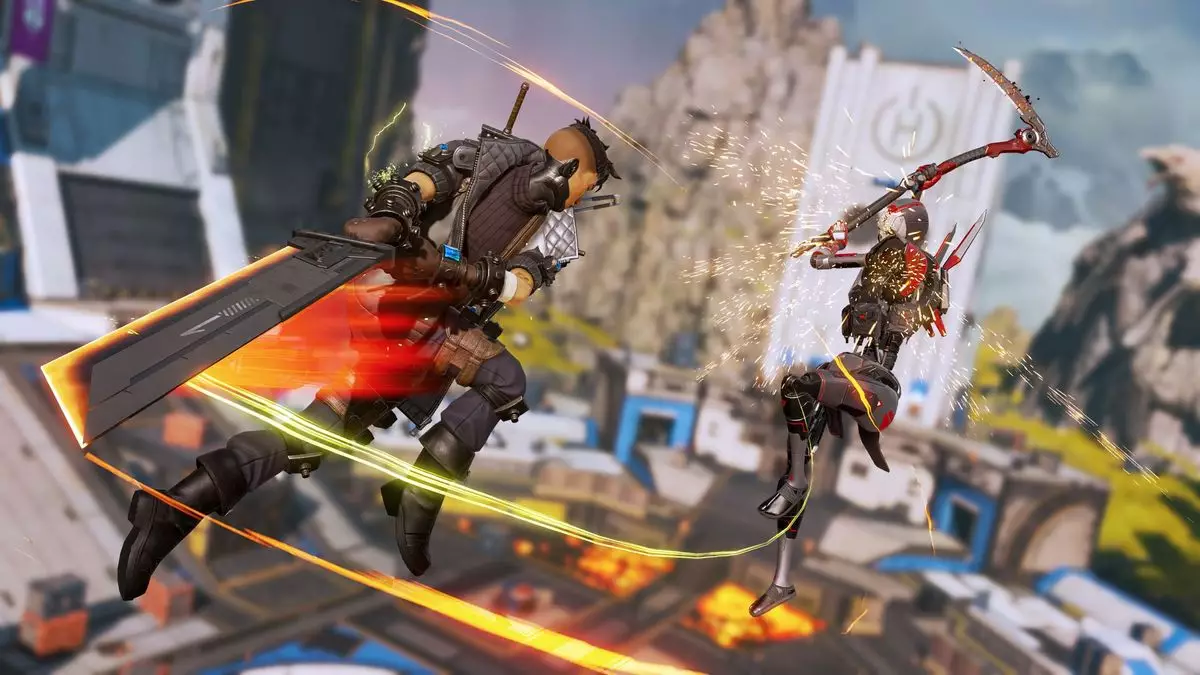In the realm of gaming, sequels are often seen as a natural progression—a chance for developers to build upon a successful title and expand its universe. However, in the case of Apex Legends, it seems that Electronic Arts (EA) and its CEO, Andrew Wilson, are decidedly steering clear of the sequel route. During a recent investor call, Wilson made it clear that an “Apex Legends 2” is not on the horizon, emphasizing that the company is not keen on creating a scenario where players must choose between their already established investments and a brand new game. This clear stance raises important questions about the strategy behind ongoing support and innovation for live-service games.
Wilson’s insights into the diminishing returns of sequels in the live-service arena are particularly thought-provoking. Unlike traditional games that might thrive on sequels—think of franchises like Halo or Call of Duty—live-service titles often function more like evolving ecosystems, consistently updating and improving upon their established frameworks. This trend represents a paradigm shift where rather than re-launching a game, developers aim to enhance what already exists. Wilson specifically cites the examples of Overwatch 2 and Counter-Strike 2 as games that arguably failed to resonate as fully-fledged sequels. Instead, they felt more like substantial updates than entirely new experiences, which potentially alienated existing player bases by forcing them to adapt to new systems.
Wilson’s remarks highlight a crucial aspect of modern gaming: player investment. Gamers today immerse themselves in worlds for months, if not years, during which they build characters, acquire cosmetic items, and form connections within the community. The notion of requiring players to abandon these investments for a new iteration of the game not only seems unwise but could damage the player community and brand loyalty. EA’s objective appears to be focused on maintaining this connection by providing ongoing updates and innovation without sacrificing the progress players have put in. Innovation doesn’t necessarily have to be synonymous with starting fresh; it can mean enhancing the existing framework in a way that respects and retains the player community.
Despite their good intentions, EA and Respawn face challenges in executing this strategy effectively. Plans to overhaul the seasonal approach were reportedly met with significant backlash, resulting in the company retracting those changes. Such intense reactions from the player base serve as a reminder of the importance of listening to community feedback, especially in an era where player sentiment can be overwhelmingly vocal. This incident underscores the delicate balance developers must maintain between introducing fresh content and sustaining the core elements that make the game enjoyable.
Ultimately, EA’s commitment to evolve Apex Legends without introducing a sequel reflects a broader trend in the gaming industry. As live-service models become more prevalent, developers face the challenge of fostering innovation while keeping their player base engaged. The focus on player investment and community feedback will likely shape the future of not just Apex Legends but other similar titles as well. For fans of the game, the message is clear: expect continuous development and fresh content aimed at enhancing your experience without necessitating a fresh start. This approach may just redefine how we perceive the lifespan of a game in an ever-changing digital landscape.

